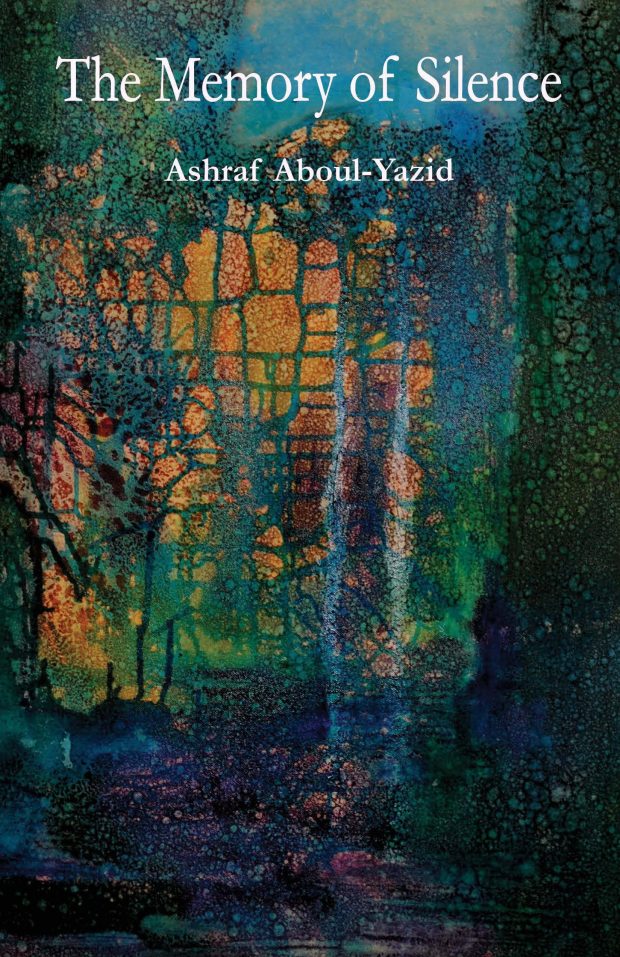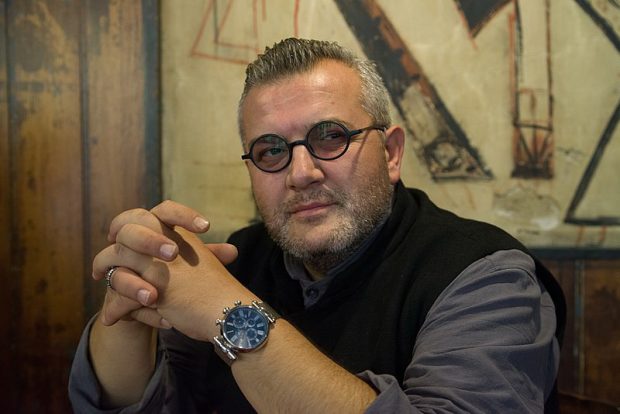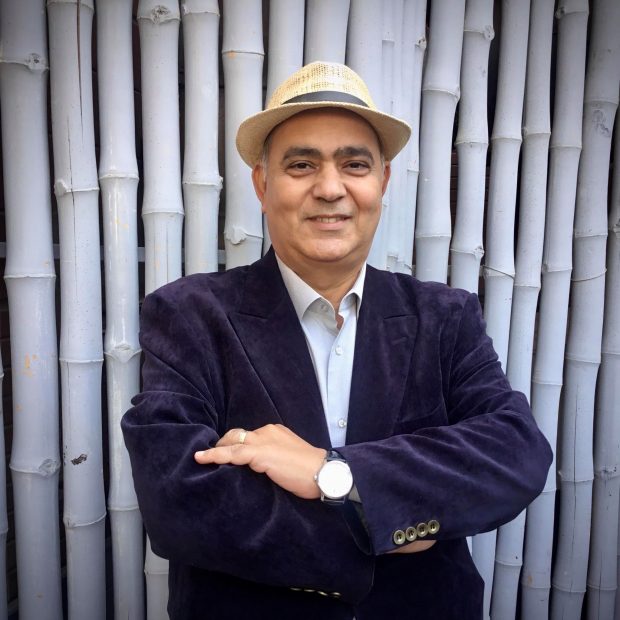Remembering the times when the sun was adored as god

By Fahredin Shehu*
PRISTINA, KOSOVO: Arabic poetry was transmitted orally until the fifth century. Poems were later written down.
These days, I have been removing the dust from the deepest recesses of my sub-consciousness (talking about some 30 years of my studies), looking for parallels of the old poetry with the contemporary Arab poetry.
The parallels allow me to recall Imru Al Qays, Antarah Ibn Sheddad, Al Nabigah al Dhubiyani, Tarafah, Dhuheir Abi Sulma who were some of the best poets whose long Arabic poems were hung on or in the Kaaba in Makkah, earning the prestigious name of Al Muallaqat – The Suspended Odes or The Hanging Poems.
At that time, there were famous “Mirbed” and “Okadh” poetry festivals where renowned poets highlighted the famous Arabic Mnemonic faculties that still shine through reciters of the Holy Qur’an.
There were two other names that intrigued me the most – Bashar ibn Burd and Abu Nawas.
Abu Nawas was the prototype of poetry, the matrix for understanding Allen Ginsberg just as Hieronymus Bosch was a matrix for the surreal genius of Salvador Dali.
I shall not extend my focus on these aspects of Arabic poetry because I have recently found the decent descendent of Arabic poetry and the Torch Bearer in the work of Ashraf Aboul-Yazid Ashraf-Dali who has filled the gaps of this puzzle for my complete mosaic of understanding the entire image of such an incredible art.
I could not help myself but read Ashraf, accompanied with Middle East Egyptian Diva Oum Kalthoum and switched by solfeggio frequencies 396 Hz, to land me on the electromagnetic field of awakening, tranquility and back to reality. All this emphasized in particular the letter NUN- (ن in Arabic is the symbol of females, as quoted by Ashraf in one of his poems.)
My first poetry collection in 1996 was titled NUN. Nun is the first verse in Al Qalam, a chapter in the Holy Qur’an. In Ibn Arabi’s interpretation, Nun stands for the All-Knowing Archangel, the one that is the closest to God.
Ashraf’s poetry is the voice of Ancient Egypt, Coptic Egypt, Felix Arabia, Andalusia, India, and Europe. A global voice mends the fragile human fraternity.
In Sixty Love Letters to Her, we read:
…
As a bird with wetted wings
Getting ready to fly,
Your hair touched my face,
Leaving the drops of water
to wet the nests.
In The Memory of the Silence, we read
…
Every evening,
You open a volume of poetry,
Not to read it,
But just to receive your dreams
Between its lines of verse.
What could the texts of the world do
For a head full of disaster?
…
In The Fire of Questions, we read
…
Why do we kill the letter (ن*)
When its dot is leaving
The jail with solid walls?
*Letter (ن ) in Arabic is the symbol of females. When this dot seeks freedom, it always finds obstacles put up by the prisons of traditions.
Here, Ashraf is in a complete different approach to mine in my first poetry collection. He emphasizes the cultural and socio- historic element in a highly poetic way with very refined stylistic figures.
It truly overwhelms one’s mind and heart while one is reading the abundantly flawless words that reflect knowledge and emotions simultaneously.
What a delight and delirium this man brought me these days with his marvelous poetry! He produces this rainbow of words that may sound as utter nonsense to others, but to me, it is just like the kiss of divine and drinking the salt water, paraphrasing thus the Persian prodigious poet Rudaki (859— 941) …” Kisses are like salt water–that I know. The more you drink the thirstier you grow.”
Yet I must remain in the flesh of the sweetest date that ripens in November, and not go deeply and taste the bitterness of its kernel.
- Fahredin Shehu

Fahredin Shehu
Fahredin Shehu was born in Rahovec in Kosovo, in 1972. He graduated from Prishtina University with a degree in Oriental Studies and an M.A. in Literature. He is now working on the PhD in Sacral Aesthetics. Shehu actively works on Calligraphy, discovering new mediums and techniques for this specific form of plastic art.
Shehu’s published books include Nun, a collection of mystical poems (1996); Invisible Plurality, a book of poetical prose, (2000); Nektarina, a novel, transcendental epic (2004, Rozafa Prishtinë), Elemental 99, short poetical mystical stories (2006); and Kun, a collection of transcendental lyrics (2007).
They also include Dismantle of Hate, an e-book (2010); Crystaline Echoes, poetry (2011); Pleroma’s Dew (2012).
His more recent publication, Emerald Macadam, is a collection of essays, columns, opinions, presentations, and academic papers on culture, art, and spirituality (2012).
Ashraf Aboul-Yazid Dali

Ashraf Aboul-Yazid Dali
Ashraf Aboul-Yazid (1963) is an Egyptian poet, novelist, translator and a prolific literary critic whose work has been translated from the Arabic into several languages including English, Spanish, German, Korean, Turkish, Malayalam, Sindhi, and Persian.
Since his first collection of poetry, Washwashat Al Bahr (the Whisper of the Sea) in 1989, over 35 volumes of poetry, novels, essays, art criticism, travelogues and biographical writings have been published.
Some of his diverse writings include History of Art for Children (The Story of an Artist Who Lived 5000 Years, Cairo, 2006), and The Silk Road (A Cultural Pictorial Encyclopedia, 2013). In 2014, Ashraf won the prestigious Manhae Prize in Literature (Korea). In 2015, he received the Arab Journalism Award in Culture (UAE).
At present, he is the president of Asia Journalist Association (AJA).










































